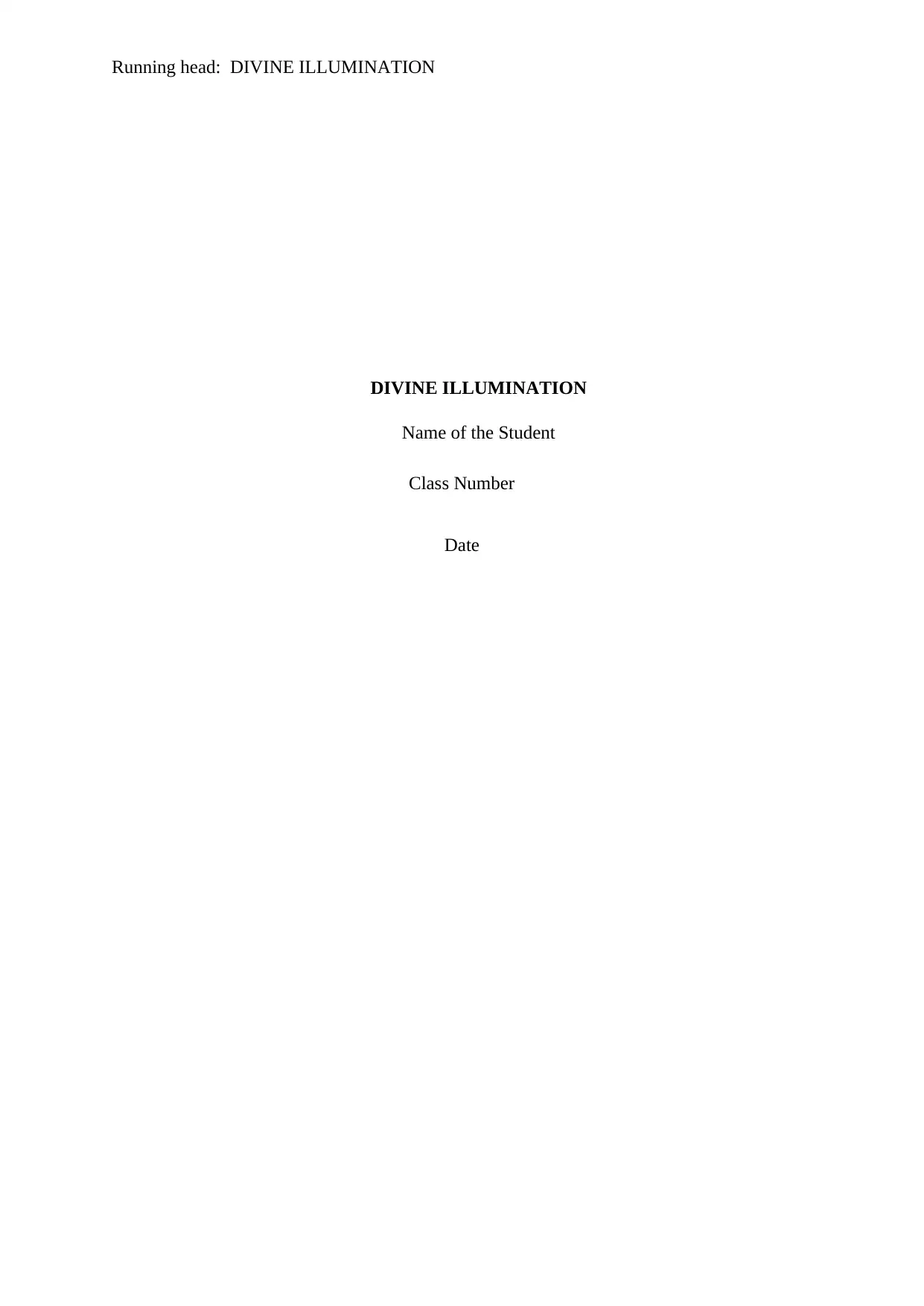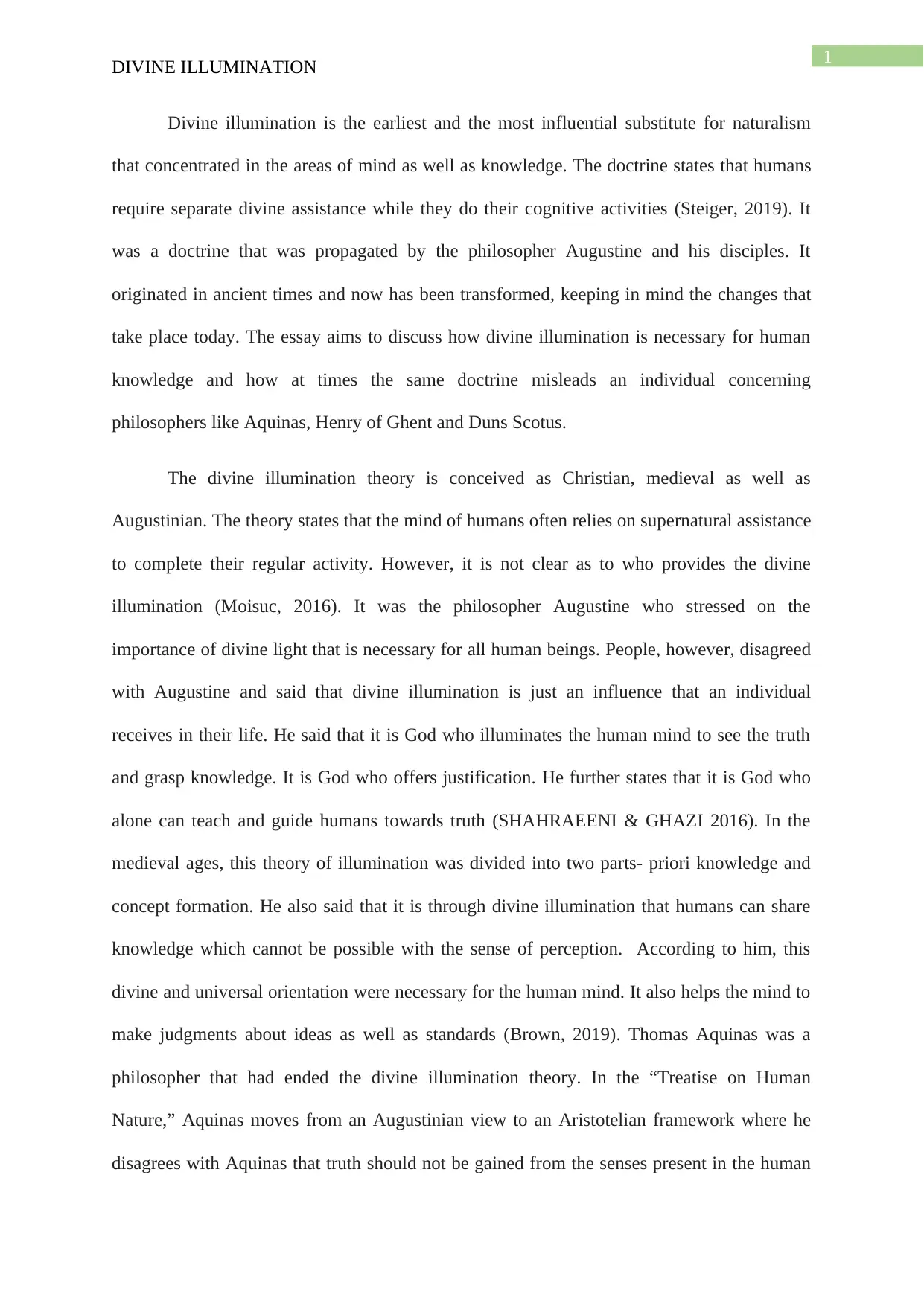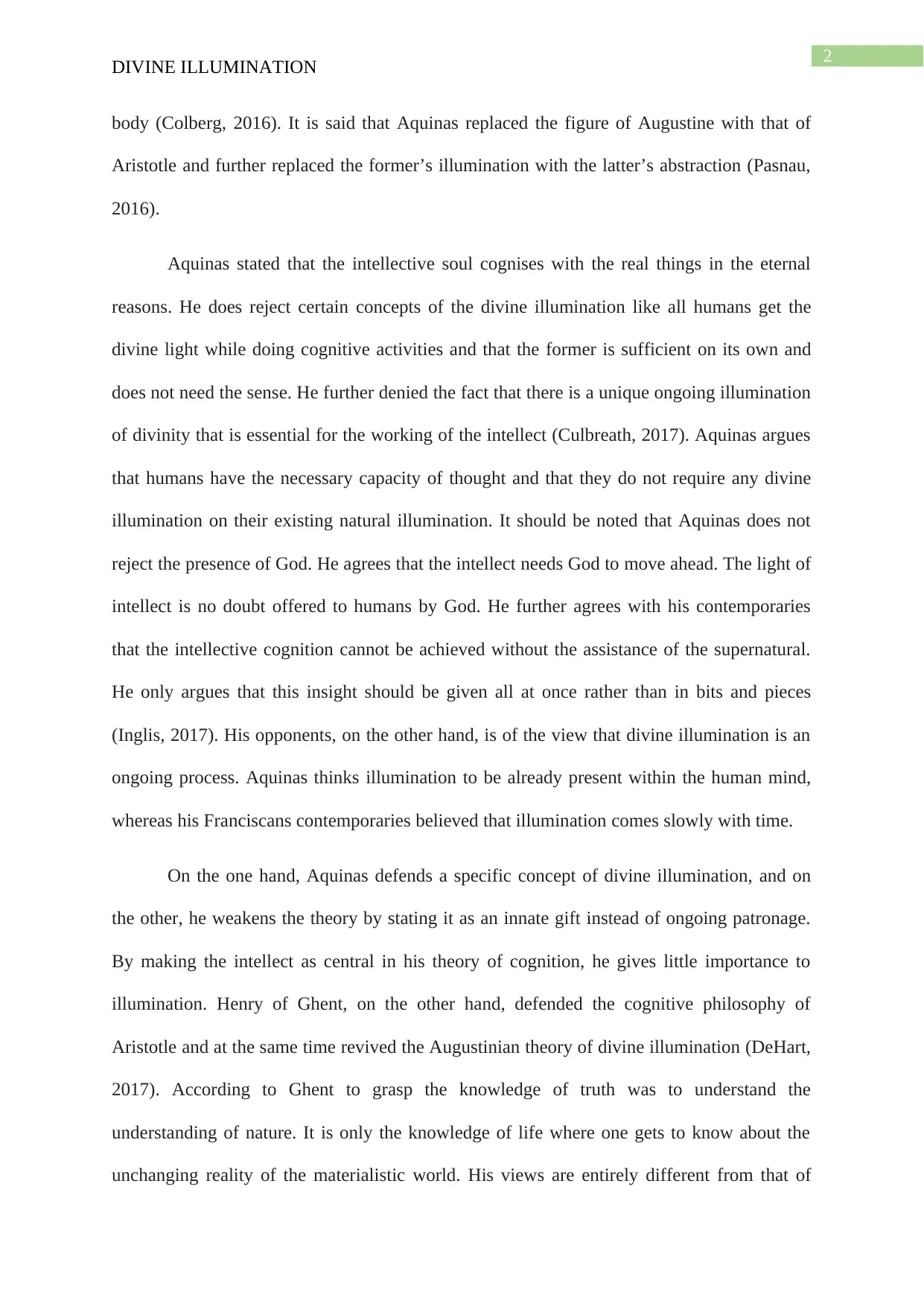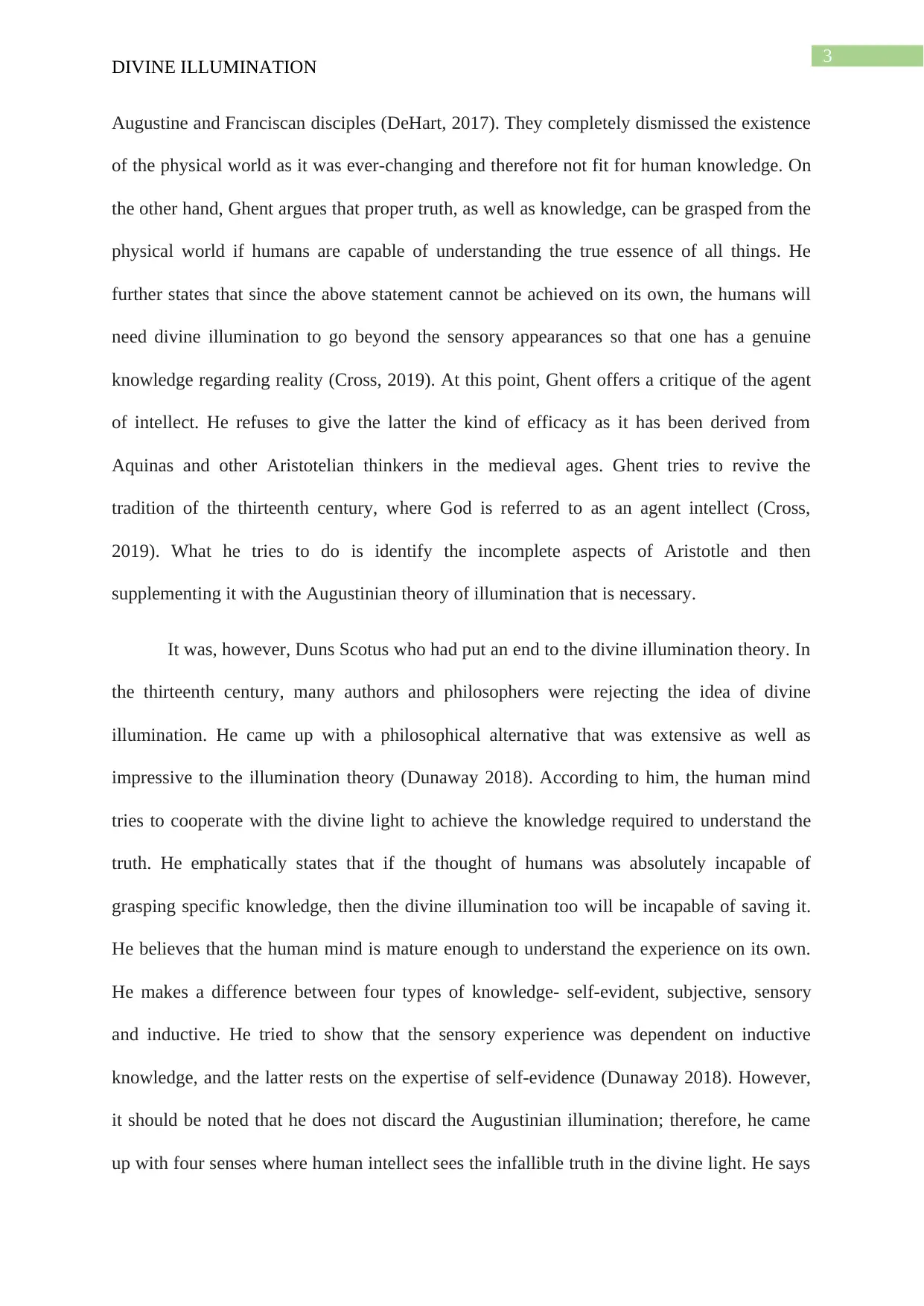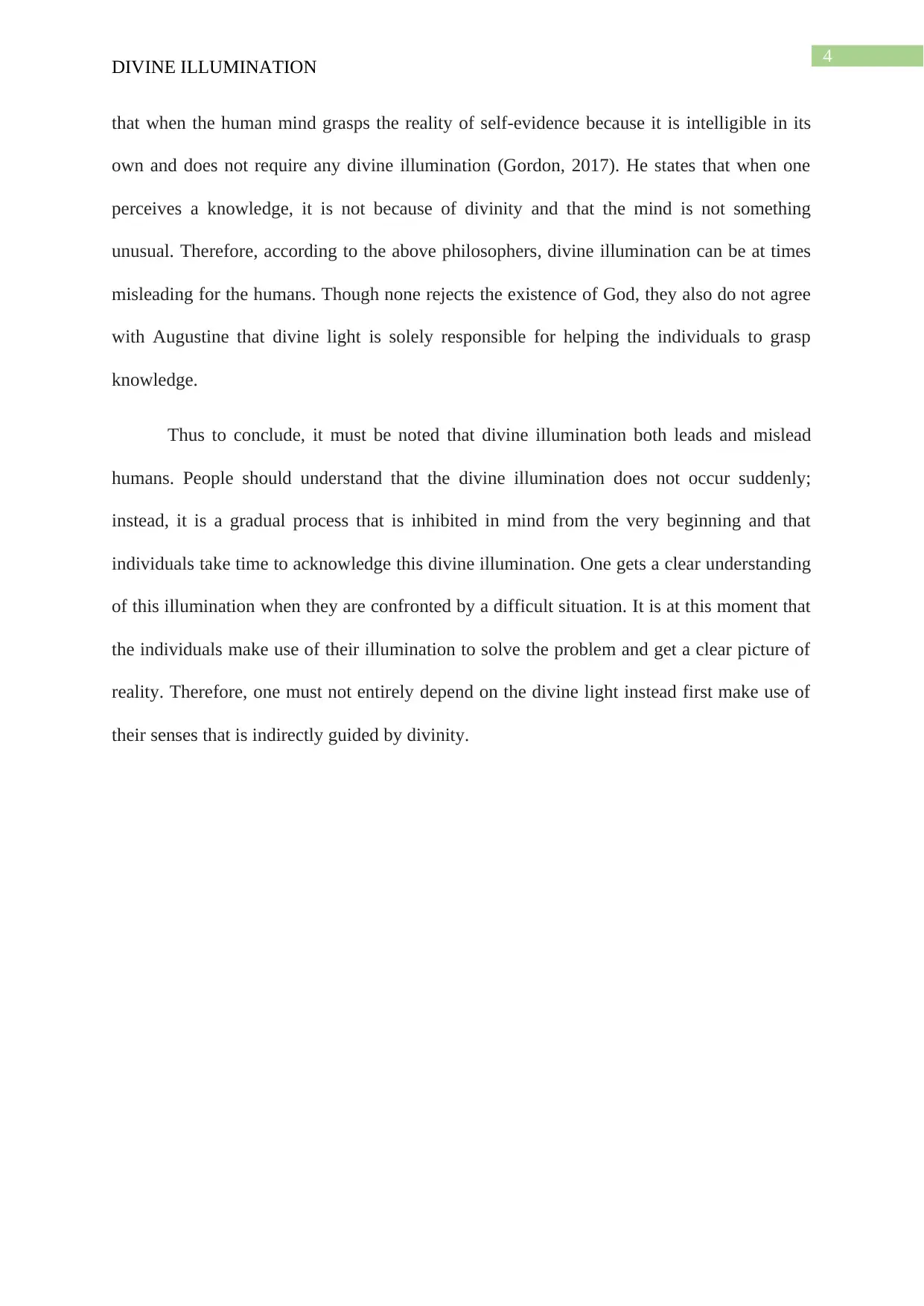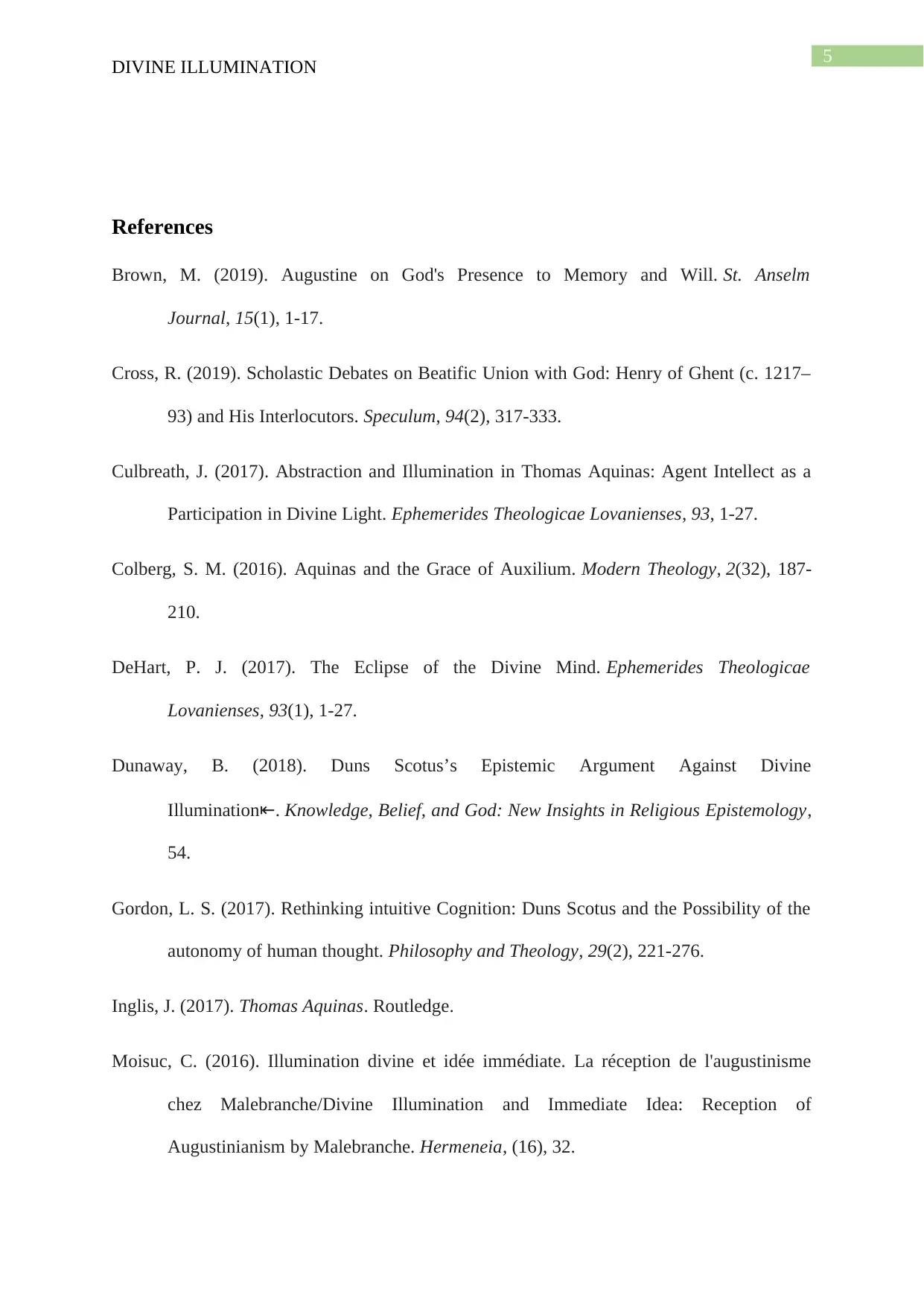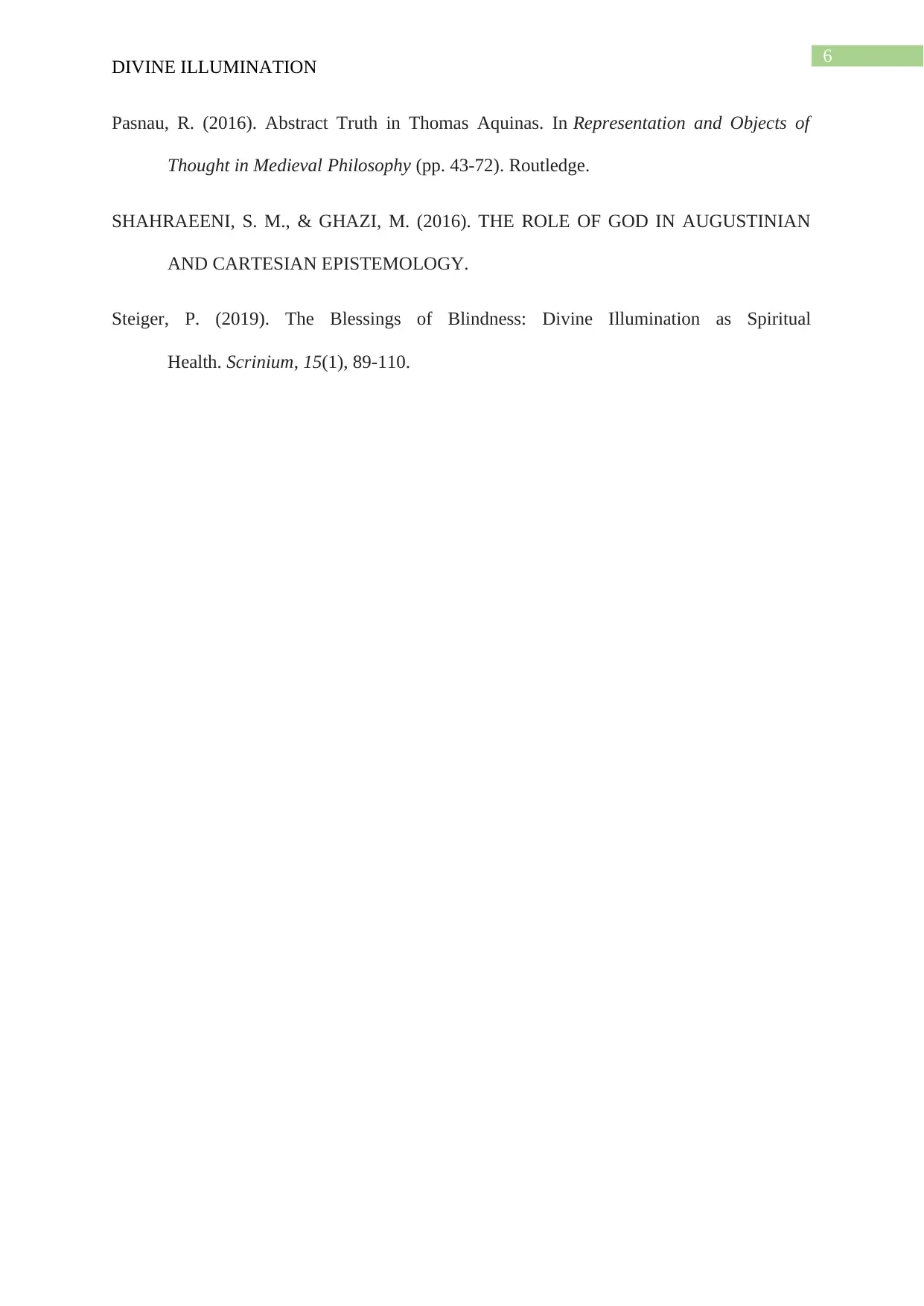Length: The paper is to be five (5) pages in length (not including title page or bibliography). TOPICS Choose one of the following topics: How, for medieval thinkers like Augustine and Aquinas, are we to understand properly the relation of reason to faith? If reason and faith are not opposed, then why is faith necessary and what does it add to reason that reason does not have? What is the "Problem of Universals" and why is it important? In particular, discuss which position is stronger: the "moderate realism" of Aquinas with his doctrine of abstraction or the nominalism of William of Ockham. In what sense is divine illumination necessary for human knowledge and in what sense is it misleading to speak of "divine illumination"? Examine the positions of Aquinas, Henry of Ghent and Duns Scotus in your paper.
![[object Object]](/_next/static/media/star-bottom.7253800d.svg)
![[object Object]](/_next/static/media/star-bottom.7253800d.svg)
